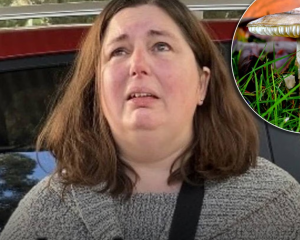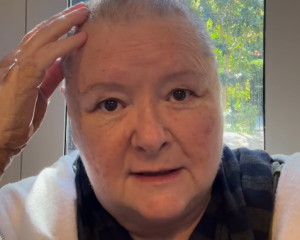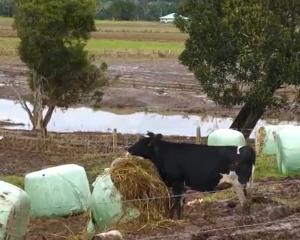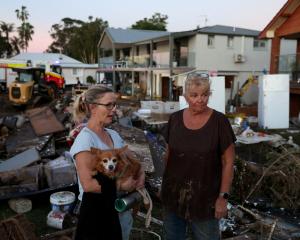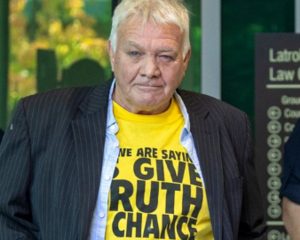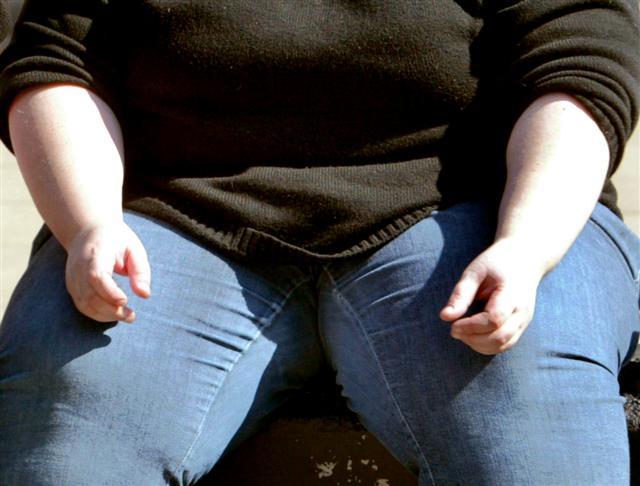
The Special Commission of Inquiry into Healthcare will from Monday examine escalating costs and wastage in the NSW health system and make better use of staff and funding.
Professor Stanley, 2003 Australian of the Year, says no modern health system could sustainably meet community needs without fundamentally shifting the balance of funding between specialised hospital care and prevention.
"Far too much focus is currently given to disease diagnosis and management and far too little to the preventions we know work, such as investing in healthy pregnancies, healthy environments, and early childhood services and supports," Prof Stanley said in a submission to the NSW inquiry.
The Sydney-born epidemiologist, whose name adorns a major Perth hospital, said that except for self-harm and suicide, the health divide between populations in wealthy and poorer areas was increasing and "disturbing".
"Today that trend continues and sits alongside the frightening rise in lifestyle diseases," she said, pointing to mental ill health and half of the Australian population being overweight or obese.
The call for a holistic view of health care funding was backed by the Public Health Association, which urged the commission to peer beyond spending on treatment.
"It is estimated that around one-third of all prevalence of chronic disease in the population is preventable by modifiable risk factors," the association said in its submission.
"Recasting the health system so that prevention is given dramatically more attention is likely to be one of the strongest approaches available to NSW to making the health system more financially sustainable.
"Indeed, it might be the only way to do so."
The submissions are among 200 to the inquiry, many of which address federal government responsibilities that impact NSW residents.
That includes the declining availability of GPs and the high number of aged care and NDIS patients occupying NSW public hospital beds.
Australia spends more than $240 billion on health care each year, including $51 billion from individuals and their health funds.
Three-quarters of every dollar goes to hospitals and primary health care, according to the Australian Institute of Health and Welfare.
The NSW government alone will spend $34.3 billion this financial year or $93 million a day.
The special commission, which will have royal commission-style powers, has been described by the state health minister as a "once-in-a-generation" look at the troubled system.
Barrister Richard Beasley will head the inquiry after previously serving as senior counsel for a probe into the Ruby Princess COVID-19 outbreak and as commissioner for two local government inquiries.
His final report is due in August.


